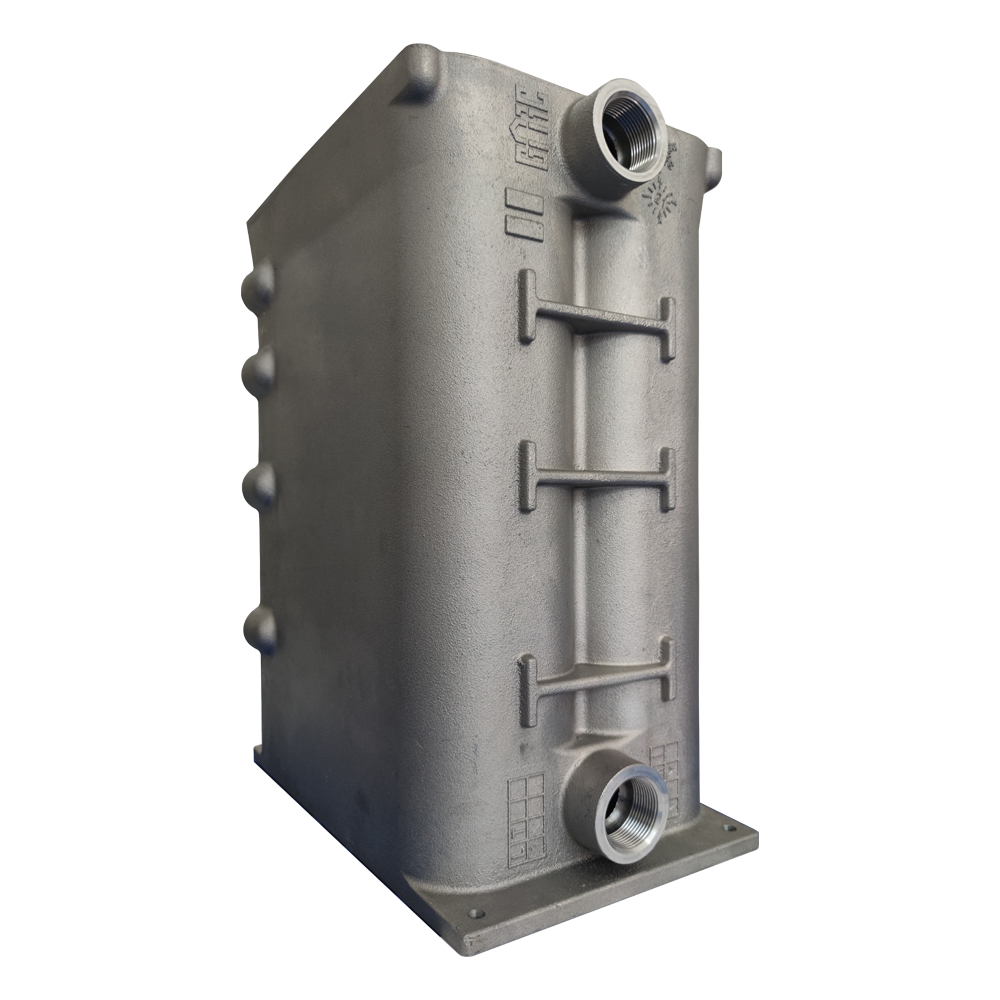- Afrikaans
- Albanian
- Amharic
- Arabic
- Armenian
- Azerbaijani
- Basque
- Belarusian
- Bengali
- Bosnian
- Bulgarian
- Catalan
- Cebuano
- China
- China (Taiwan)
- Corsican
- Croatian
- Czech
- Danish
- Dutch
- English
- Esperanto
- Estonian
- Finnish
- French
- Frisian
- Galician
- Georgian
- German
- Greek
- Gujarati
- Haitian Creole
- hausa
- hawaiian
- Hebrew
- Hindi
- Miao
- Hungarian
- Icelandic
- igbo
- Indonesian
- irish
- Italian
- Japanese
- Javanese
- Kannada
- kazakh
- Khmer
- Rwandese
- Korean
- Kurdish
- Kyrgyz
- Lao
- Latin
- Latvian
- Lithuanian
- Luxembourgish
- Macedonian
- Malgashi
- Malay
- Malayalam
- Maltese
- Maori
- Marathi
- Mongolian
- Myanmar
- Nepali
- Norwegian
- Norwegian
- Occitan
- Pashto
- Persian
- Polish
- Portuguese
- Punjabi
- Romanian
- Russian
- Samoan
- Scottish Gaelic
- Serbian
- Sesotho
- Shona
- Sindhi
- Sinhala
- Slovak
- Slovenian
- Somali
- Spanish
- Sundanese
- Swahili
- Swedish
- Tagalog
- Tajik
- Tamil
- Tatar
- Telugu
- Thai
- Turkish
- Turkmen
- Ukrainian
- Urdu
- Uighur
- Uzbek
- Vietnamese
- Welsh
- Bantu
- Yiddish
- Yoruba
- Zulu
Hyd . 10, 2024 00:11 Back to list
Exploring Water Glass Casting Techniques in China for Innovative Manufacturing Solutions
The Role of Water Glass in Casting Applications
Water glass, also known as sodium silicate, is a vital material in various industrial applications, particularly in the field of casting. Its properties make it an excellent binder, and it has gained popularity among foundries in China and around the world. This article explores the significance of water glass in casting, its benefits, and its applications in the foundry industry.
What is Water Glass?
Water glass is a colorless, transparent, and viscous liquid composed of sodium oxide and silica. It is produced by melting silica sand with soda ash at high temperatures. When mixed with water, it forms a gel-like substance that can be easily manipulated. It is categorized as an inorganic binder and is extensively used in the foundry industry for molding and core-making processes.
Advantages of Using Water Glass in Casting
1. High Melting Point One of the most significant advantages of water glass is its high melting point, which allows it to endure the extreme temperatures encountered during the metal casting process. This property ensures that the mold retains its shape and structural integrity while molten metal is poured.
2. Moisture Resistance Water glass exhibits excellent moisture resistance, reducing the risk of deformation or damage to molds caused by water absorption. This characteristic is crucial in environments with varying humidity levels, ensuring consistent casting quality.
3. Environmentally Friendly Water glass is considered an eco-friendly option because it is non-toxic and does not produce harmful emissions during the casting process. As industries are moving towards sustainable practices, the use of environmentally benign materials like water glass is becoming increasingly preferred.
china water glass casting

4. Versatile Application Water glass can be utilized for various metals, including aluminum, iron, and steel. Its versatility makes it suitable for a wide range of casting applications, from industrial components to artistic sculptures.
5. Improved Surface Finish Castings made with water glass typically exhibit a smoother surface finish compared to those made with traditional sand molds. This advantage reduces the need for extensive post-casting machining, saving both time and costs.
Applications in the Foundry Industry
In the foundry industry, water glass is primarily used in the sand casting process. It acts as a binder to hold sand grains together to form molds and cores. The mixture of water glass and sand creates a strong mold that can withstand the rigors of pouring molten metal. Additionally, water glass is employed in producing intricate shapes and detailed designs, as it allows for precisely crafted molds.
In recent years, the demand for water glass in casting applications has surged, particularly in China due to the rapid growth of the manufacturing sector. Its use in 3D printing for producing molds has also gained traction, providing a modern approach to traditional casting methods.
Conclusion
Water glass has emerged as a crucial material in the casting industry due to its beneficial properties and versatility. Its high melting point, moisture resistance, and environmentally friendly nature make it a preferred choice among foundries. As global manufacturing continues to evolve, water glass will likely play a pivotal role in developing advanced casting techniques, ensuring high-quality products while minimizing environmental impacts. The ongoing research and innovation surrounding water glass will further enhance its applications, solidifying its position as an indispensable material in the foundry landscape.
-
Custom Low-NOx Gas Boilers Efficient Commercial Heating Solutions
NewsMay.25,2025
-
Low-NOx Condensing Gas-Fired Boilers Efficient & Custom Solutions
NewsMay.25,2025
-
Custom Domestic Hot Water Heat Exchangers Efficient & Durable
NewsMay.24,2025
-
Cast Iron vs. Ductile Iron Differences, Uses & Benefits
NewsMay.24,2025
-
Top Gas Fired Boiler Supplier High-Efficiency Solutions & OEM Support
NewsMay.23,2025
-
Marine Gear Box Casting Solutions Durable & Custom OEM/ODM
NewsMay.23,2025


